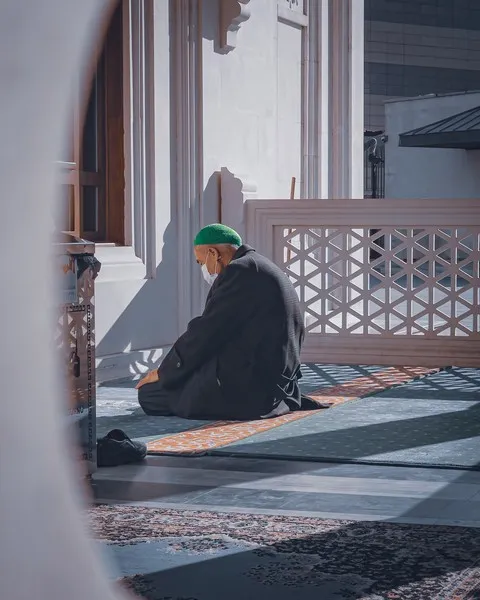The social democratic view on religion relates to the broader political ideology of social democracy, which advocates for political democracy alongside a mixed economy, with an emphasis on the equitable distribution of wealth, social justice, and the protection of social rights. It aims to reform capitalism democratically, making it more egalitarian and humane, without completely overthrowing it as in Marxist advocacy. Social democracy falls within the center-left of the political spectrum and is characterized by a commitment to improve society through reforms rather than revolution.
When it comes to religion, social democrats typically hold the following views:
Separation of Religion and State:
Social democrats generally argue for a clear separation between religion and the state. This stems from a broader belief that political governance should be based on secular, democratic values that can apply to everyone, irrespective of their personal religious beliefs. The public sphere should remain neutral to allow for pluralism and the peaceful coexistence of diverse religious beliefs.
Freedom of Religion:
While separating religion from state affairs, social democrats strongly uphold the principle of freedom of religion. Individuals should have the right to practice whatever religion they choose, or to not practice a religion at all, without fear of discrimination or persecution.
Social Role of Religion:
Social democrats can differ on their view of the role of religion in society. Some may see it as a private matter that should have little to no impact on social affairs, while others may acknowledge the positive role that religious institutions and beliefs can play in providing community, charity, and social solidarity, as long as they do not lead to discrimination or social divisiveness.
Religious Influence on Policy:
Social democrats tend to be wary of religious influence on policy-making. They advocate for policies and laws that are based on rational, secular considerations that advance the public good, arguing that legislation should be free from religious bias and should apply equally to all citizens.
Religion and Education:
Social democrats typically support secular education systems that are free from religious indoctrination. They might advocate for teaching about religions in an objective, historical, and cultural context, rather than endorsing any particular religious doctrine.
Equal Treatment of Religions:
In addressing the rights of different religious groups, social democrats are generally committed to the idea of equality before the law, meaning that no religious group should receive preferential treatment by the state.
Social Justice and Advocacy:
Where religious groups are engaged in social welfare, humanitarian work, or advocacy for social justice — causes that align with social democratic values — social democrats may find common ground with such religious organizations. However, they would argue that these endeavors should not come with religious strings attached or be a means of proselytization.
It’s important to note that social democratic views on religion can vary by country and culture, as well as through time, and that individuals within social democratic movements might hold a range of personal beliefs about religion. Social democrats are more often united by their political and economic ideologies than by any specific religious or anti-religious stance.





